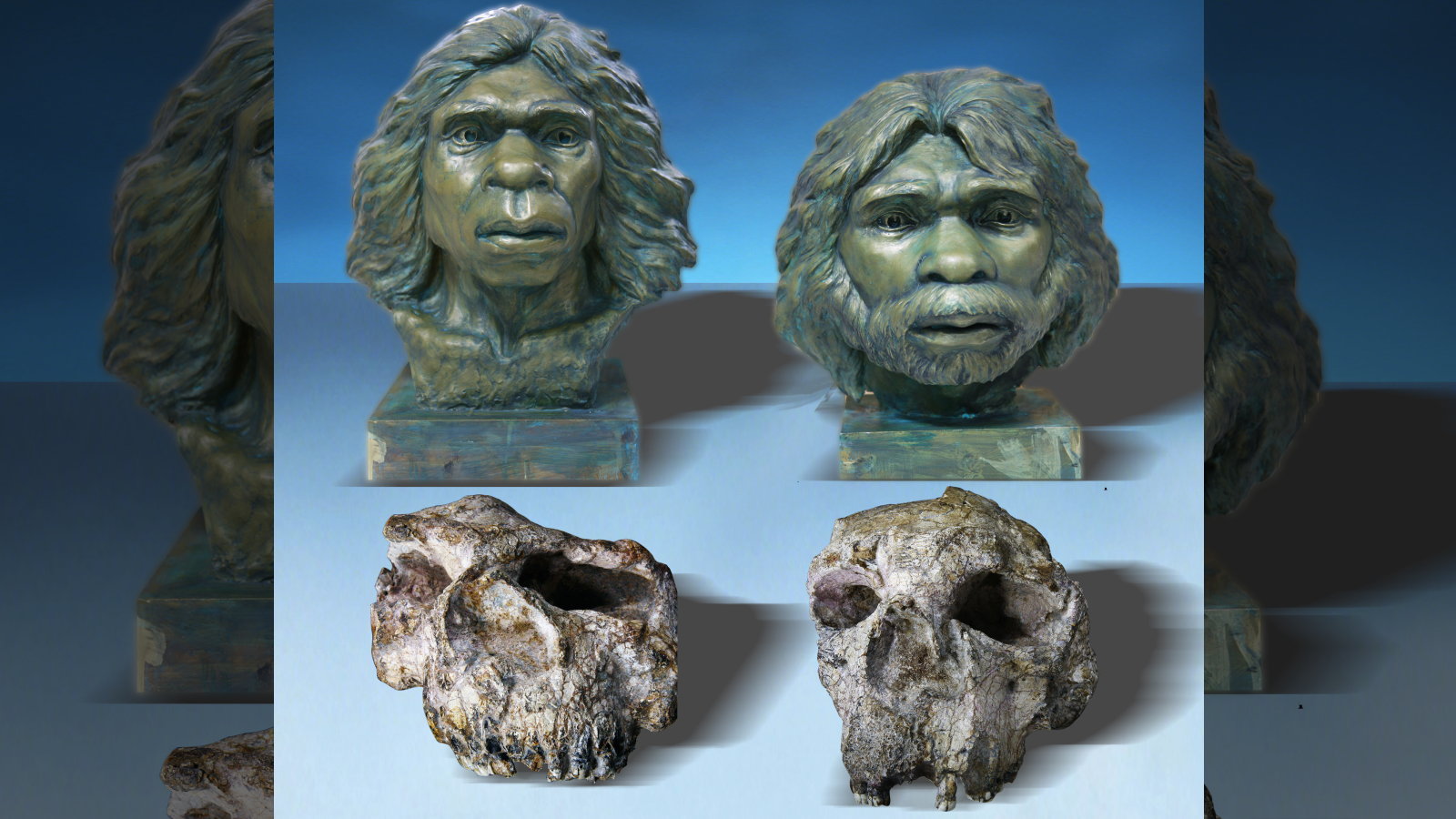Harvest supermoon photos: See the moon at its biggest and brightest in pictures from around the world
This year's full 'Harvest moon' was also a supermoon. Check out some of the best images of this lunar event with our worldwide gallery.
Get the world’s most fascinating discoveries delivered straight to your inbox.
You are now subscribed
Your newsletter sign-up was successful
Want to add more newsletters?

Delivered Daily
Daily Newsletter
Sign up for the latest discoveries, groundbreaking research and fascinating breakthroughs that impact you and the wider world direct to your inbox.

Once a week
Life's Little Mysteries
Feed your curiosity with an exclusive mystery every week, solved with science and delivered direct to your inbox before it's seen anywhere else.

Once a week
How It Works
Sign up to our free science & technology newsletter for your weekly fix of fascinating articles, quick quizzes, amazing images, and more

Delivered daily
Space.com Newsletter
Breaking space news, the latest updates on rocket launches, skywatching events and more!

Once a month
Watch This Space
Sign up to our monthly entertainment newsletter to keep up with all our coverage of the latest sci-fi and space movies, tv shows, games and books.

Once a week
Night Sky This Week
Discover this week's must-see night sky events, moon phases, and stunning astrophotos. Sign up for our skywatching newsletter and explore the universe with us!
Join the club
Get full access to premium articles, exclusive features and a growing list of member rewards.
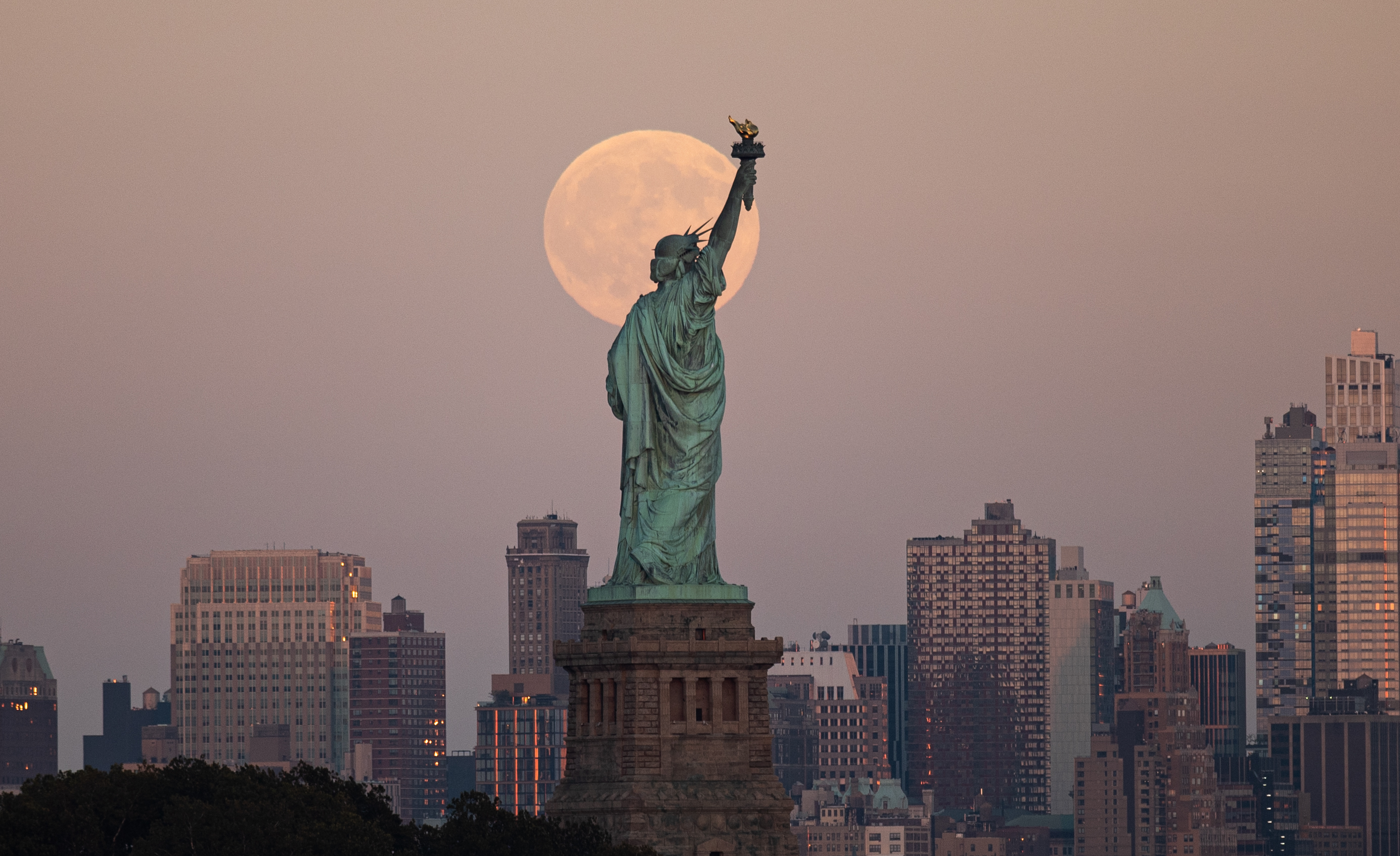
A full Harvest supermoon shone big and bright last night, with photographers worldwide pointing their cameras to the heavens to capture the event.
The first autumn full moon is dubbed the "Harvest Moon" in some parts of the Northern Hemisphere because its appearance traditionally marked the end of harvest. This year, the Harvest Moon also doubled as a supermoon, which means it appeared larger and brighter than normal.
That's because the moon follows an elliptical orbit around Earth, with a closest point (perigee) and farthest point (apogee) occurring at different times each month. When a full moon rises close to perigee, it becomes a supermoon.
The moon became full just before midnight, at about 11:47 p.m. EST on Monday (Oct. 6). Full moons also appear bright and full on the nights just before and after their peak, so have a look outside tonight for another stunning view of Earth's natural satellite.
Last night was the first of three supermoons scheduled for 2025. To mark the occasion, Live Science has rounded up some of the best Harvest supermoon photos taken last night from around the world.
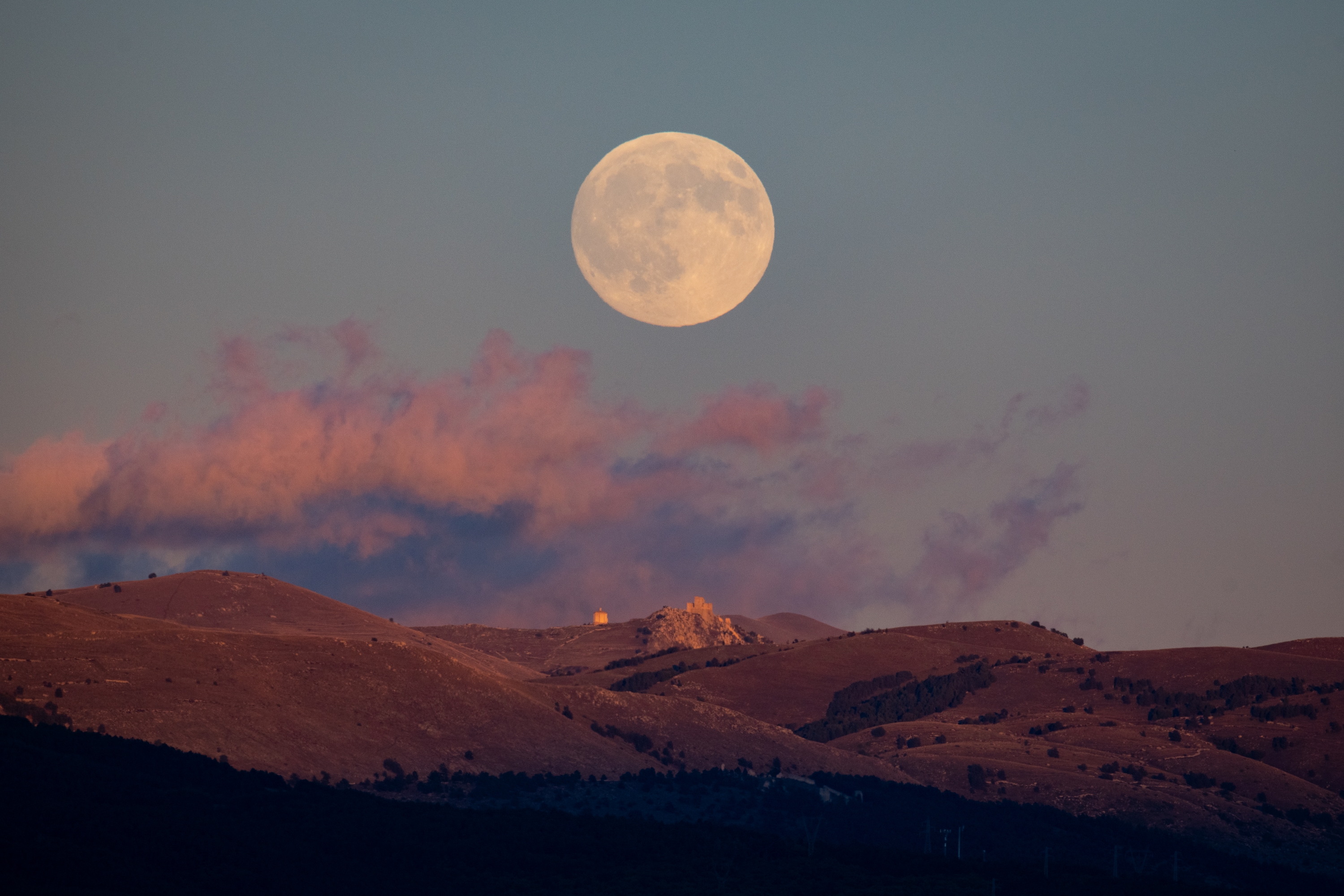
In Italy, photographer Lorenzo Di Cola captured this stunning shot of the moon rising above Rocca Calascio Castle and Santa Maria della Pietà church in Calascio.
The moon was a supermoon because it was closer to Earth than normal. The distance between us and our planet's natural satellite is about 10% closer than normal during this lunar stage, with the moon hovering about 224,599 miles (361,457 kilometers) away rather than the average distance of 238,855 miles (384,400 km).
Get the world’s most fascinating discoveries delivered straight to your inbox.
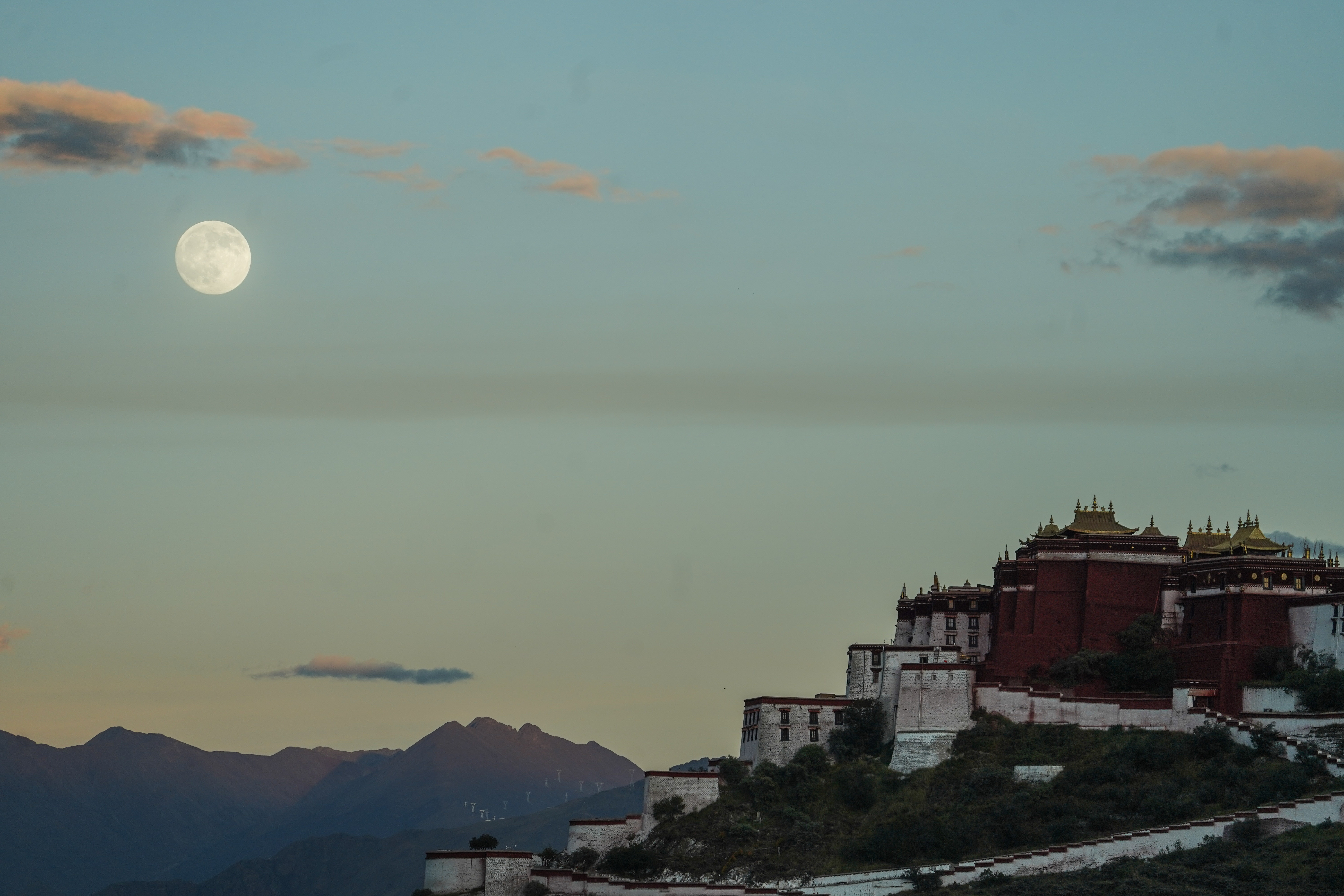
Photographer Gongga Laisong captured the moon lit up in the sky over Potala Palace in the autonomous region of Tibet in southwestern China.
While the moon turned full on Monday, it will be at its closest distance to Earth late at night on Wednesday (Oct. 8), the same night we may see shooting stars from the annual Draconid meteor shower.
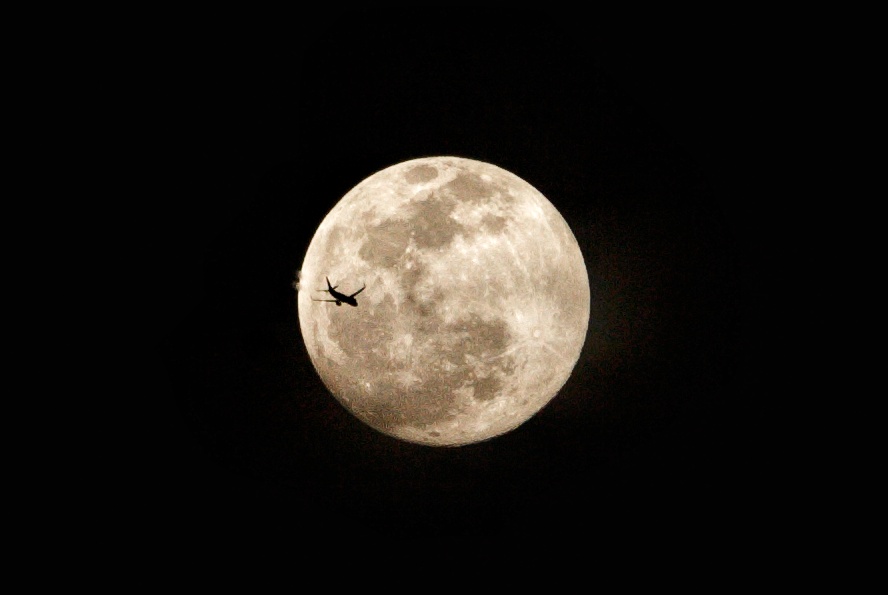
Photographer Aditya Irawan captured this image of a plane flying in front of the moon as it rose over West Java province in Indonesia.
The Harvest Moon is often in September, but it fell in October this year due to natural variations in the lunar calendar. Typically, "Harvest Moon" is the name given to the full moon that rises closest to the fall equinox, which was on Sept. 22 this year.
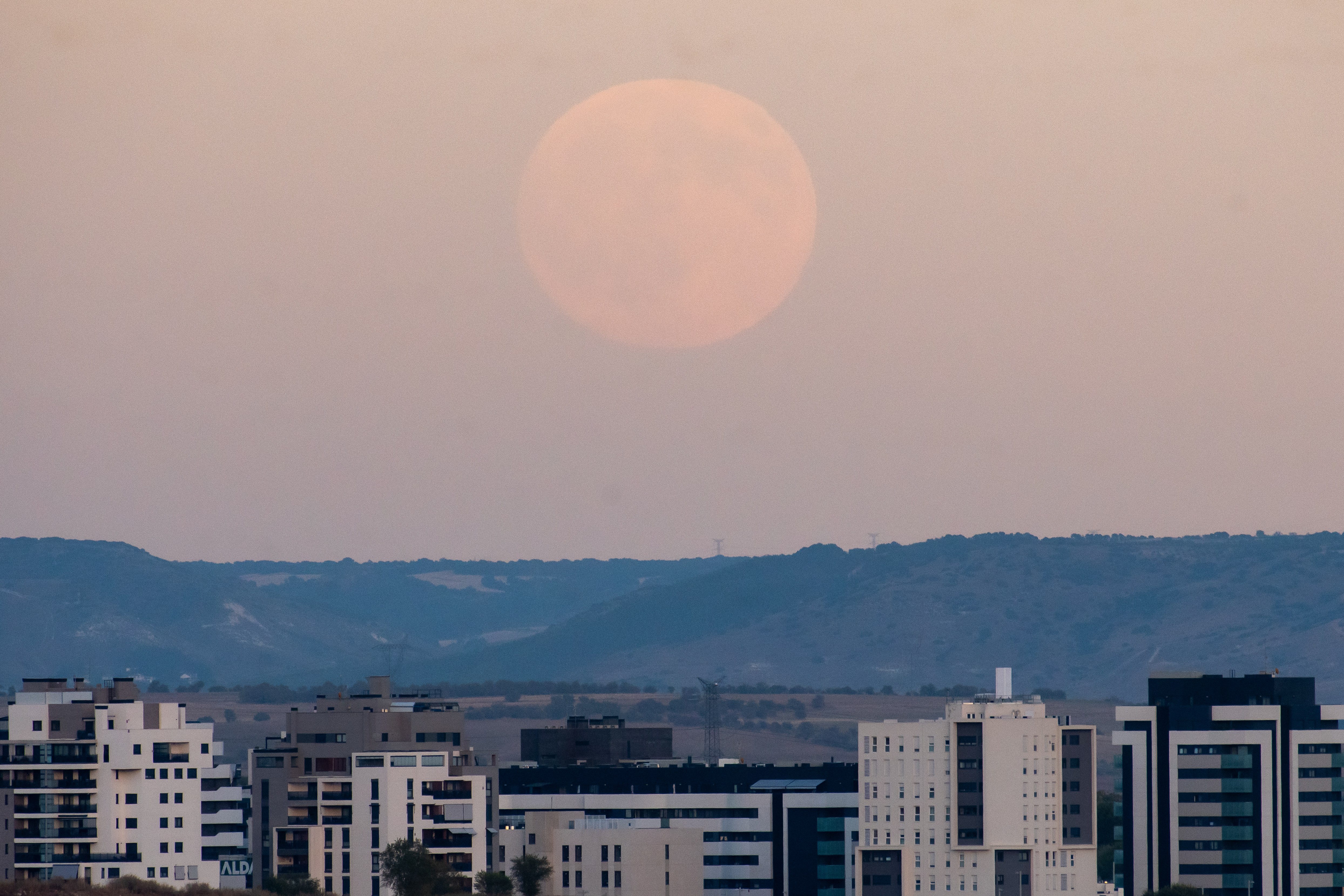
In Spain, photographer Marcos del Mazo took this photo of the moon rising over some of Madrid's residential buildings. Whether or not it's a supermoon, the full moon always appears larger when it rises close to foreground objects like buildings or trees. This is a common optical trick known as the moon illusion.
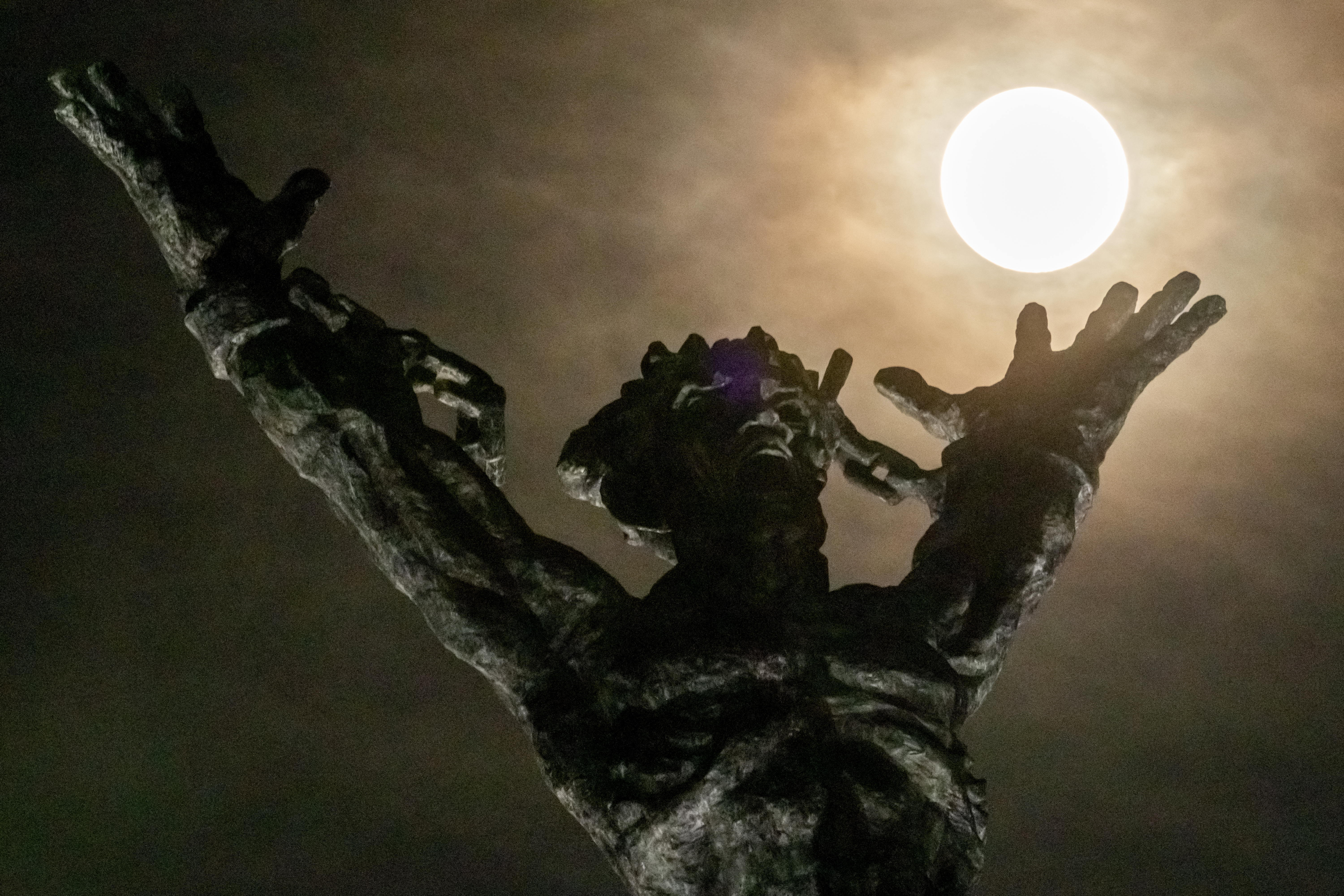
In Indonesia, photographer Yasuyoshi Chiba captured a striking image of the moon lighting up the night sky as it rose above the West Irian Liberation Monument in Jakarta.
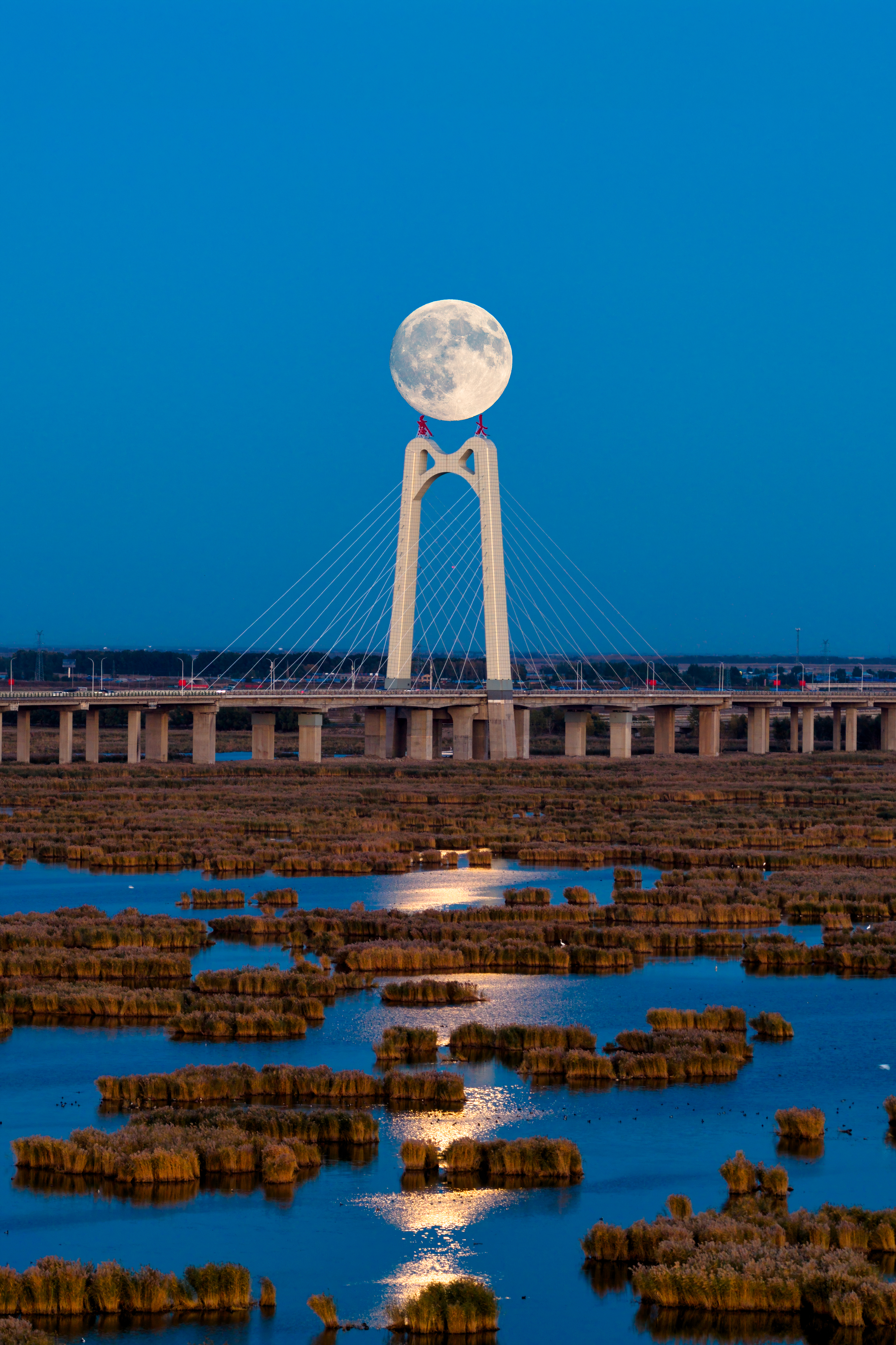
Photographer Chi Shiyong captured this satisfying snap of the moon aligned with the top of a bridge in the city of Daqing, in northeastern China.
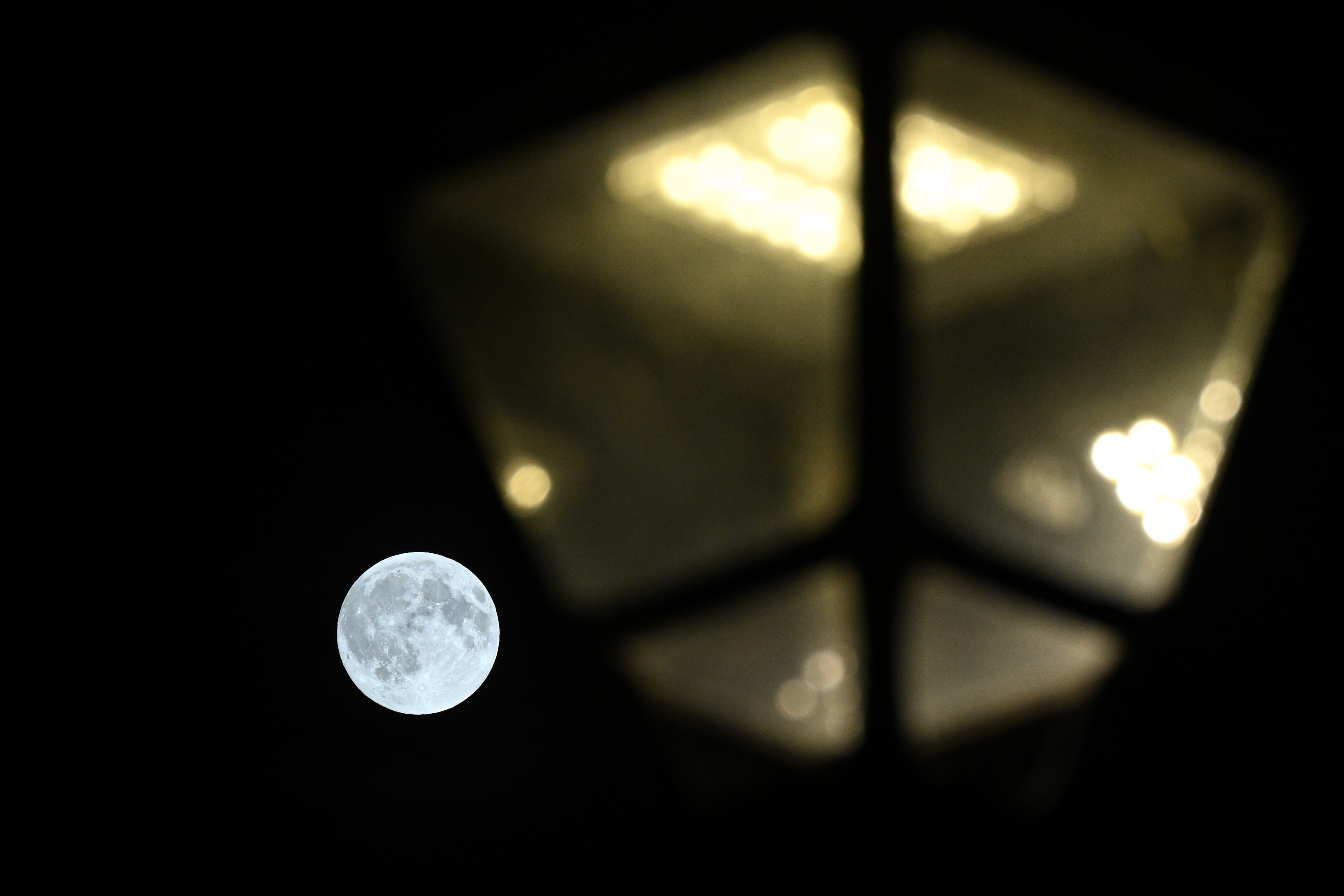
This shot, captured by photographer Rasid Necati Aslim, shows the moon behind a street light in Manchester, U.K.
The next full moon rises on Nov. 5 (13:21 UTC/8:21 a.m. EST), which will be the second of this year's three supermoons. A November full moon is also known as a "Beaver Moon" because it's the time of year when beavers typically build their dams.

Patrick Pester is the trending news writer at Live Science. His work has appeared on other science websites, such as BBC Science Focus and Scientific American. Patrick retrained as a journalist after spending his early career working in zoos and wildlife conservation. He was awarded the Master's Excellence Scholarship to study at Cardiff University where he completed a master's degree in international journalism. He also has a second master's degree in biodiversity, evolution and conservation in action from Middlesex University London. When he isn't writing news, Patrick investigates the sale of human remains.
You must confirm your public display name before commenting
Please logout and then login again, you will then be prompted to enter your display name.
 Live Science Plus
Live Science Plus










